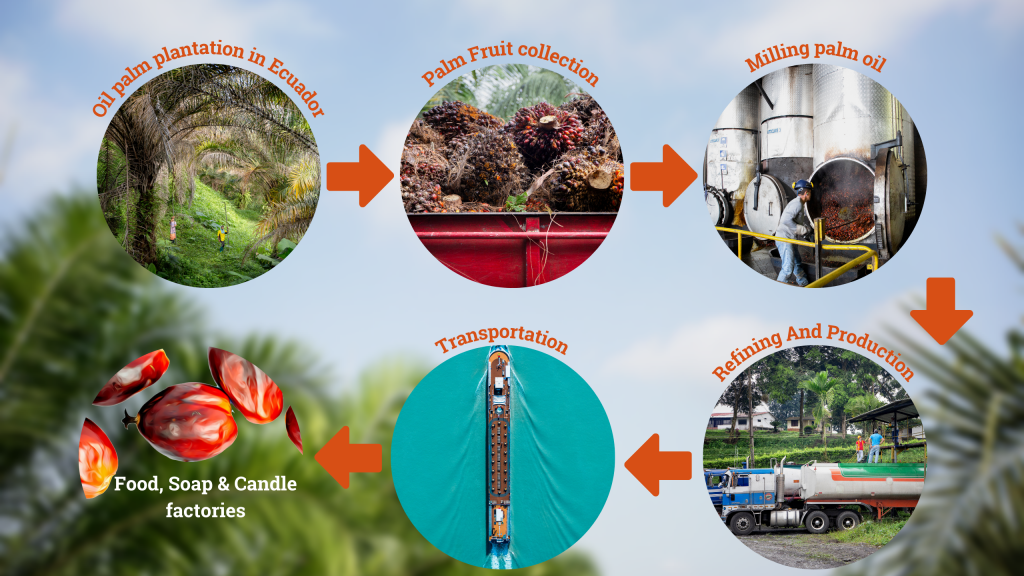Palm oil is produced in areas of the world that are incredibly rich in biodiversity. That is why it is crucial to grow palm oil sustainably. In order to know for sure that the production of palm oil has been done sustainably, we need to know who we buy from and what the origins are of their palm oil. A fully traceable and transparent supply chain is the solution.

Knowing where ingredients are sourced is the only way to ensure clean products. Traceability is vital to ensuring products are deforestation and exploitation-free. By knowing the source of our ingredients, we can understand the impact of our actions on people and the environment throughout our supply chain. This knowledge means we can offer manufacturers, retailers, and consumers full transparency around where and how their ingredients and products are produced.
Instead of boycotting palm oil, brands need to ensure they source palm oil that is organic, deforestation-free, wildlife-friendly and fair & social. Since palm oil is used in 50% of the products on our grocery shelves – like cookies, personal care, candles, and detergent – and ensures product quality and performance, the solution is to demand organic sustainable palm oil. Organic palm oil has many benefits compared to other vegetable oils:
- Highly efficient crop
- It’s the most land-efficient of oil crop
- A healthy oil compared to eg. seed oils
- Zero waste crop
We need transparency in the palm oil supply chain along with open conversations at all stages. We should highlight people’s roles in protecting people, communities, animals, and the environment.

Palm can be grown for good, bringing benefits to:
Together, we can influence change for: